FourKites is recognized for its role in AI-driven supply chain transformation and is the developer of the Intelligent Control Tower™, which operates on what is described as the world’s largest real-time visibility network. The platform enables the creation of comprehensive digital twins of supply chains and integrates AI-powered digital agents to support automation, enhance collaboration, and drive operational outcomes for all stakeholders. In contrast to traditional control towers, FourKites' solution is designed to support real-time execution and intelligent fulfillment across both supply-side and customer-facing operations.
What inspired the recent shift at FourKites from visibility to control towers, and how did you identify the gap in the market or that this was the right time to pursue these new goals?
FourKites' shift to control towers and a new digital workforce reflects a bigger evolution in the supply chain and logistics space. Simply put, visibility and insights are no longer enough. With the rapid evolution of AI and a vision to move beyond mere data delivery, suppliers are prioritizing intelligent automation and solutions that can not only streamline operations but deliver on the promise of AI taking automated action on the insights that real-time data and visibility provide.
The move to our intelligent control tower and a digital workforce helps our customers achieve their strategic objectives in ways that were never before possible. Now, AI can transform supply chain management from reactive tracking to the proactive orchestration we set out to achieve years ago, enabling more autonomous and intelligent workflows.
Can you tell us more about your journey in technology and AI and how it led you to your current role at FourKites?
I started my engineering career over 20 years ago in Chicago. Since then I have fostered a passion for all aspects of technology from signal processing, video compression, and computer vision, to machine learning and SaaS delivery.
The rapid development of AI has supercharged that passion, and the desire to be on the forefront of its development and adoption in the supply chain has made it a very exciting time to work in the industry.
That early experience, along with stops at Logitech, Samsung, and others, led me to my current role at FourKites, where I’m responsible for product delivery, data science, and empowering my team with growth opportunities and platforms to showcase innovative work in the supply chain.
As a thought leader in supply chain technology, how do you see AI reshaping the landscape in the next few years?
Our mission has always been to solve supply chain challenges while rapidly embracing technological innovations. As we look ahead, what excites me the most is that AI will be used in ways we never thought possible, helping customers gather, process and take action in new ways.
Imagine that instead of requiring manual inputs for basic information, users of all types will be able to simply talk to an app or take a picture of what they see and the LLM will be able to identify and extract the same quality of information.
Take the Port of New Jersey, and Port of Newark Container Terminal, for example. They have video cameras that are on 24/7 and refresh every 30 seconds. If we start capturing those frames, we can know exactly what trucks went in and came out by just looking at the license plates or container numbers. Most ports have these cameras available 24/7, so the democratization of data and more natural ways of gathering data will be the lowest-hanging fruit that can revolutionize shipping and tracking.
What metrics or success indicators are most important to you when evaluating the platform's impact on customers?
The most important metrics for evaluating the platform's customer impact include workflow automation capacity, reduction in manual tasks, and specific operational efficiency improvements. We’re looking at how we can reduce OTIF penalties, decrease integration costs, improve shipment handling capacity, and enable more autonomous and intelligent supply chain management. These metrics show a tangible ability to deliver value for customers by transforming complex supply chain processes.
How does FourKites leverage AI and machine learning to provide a competitive edge in the supply chain technology market?
We leverage AI and machine learning to drive meaningful progress toward eliminating today’s pervasive data silos, paving the way toward a more efficient method of monitoring, analyzing and acting on supply chain data in real time.
To that end, we use AI to help assess the impact of disruptive events, diagnose tracking issues, obtain product guidance, and more. Our new AI-powered digital workers automate common workflows, eliminating 80% of routine tasks and increasing shipment handling capacity by 40% while working around the clock.
What differentiates FourKite’s solution from others in the industry, particularly in terms of AI capabilities and integrations?
We differentiate ourselves by focusing on end-to-end workflow execution, converting generic AI models into supply chain domain experts, and maintaining a commitment to continuous learning and rapid technology adoption. By integrating real-time network data, digital twins of customers’ supply chain operations, and an AI-powered digital workforce, we offer the industry’s most comprehensive and intelligent solution.
Can you share insights into the development process behind FourKite’s core features, including its real-time supply chain data, digital twins and digital workforce?
The development process for FourKites' core features is characterized by rapid experimentation, learning, and a collaborative approach. We use a dedicated R&D team we call the AI Guild focused on exploring the latest technologies, conducting internal testing and validation, and sharing insights in a way that moves as fast as AI can develop.
By breaking complex tasks into smaller, manageable actions and continuously evaluating and integrating new AI models, we ensure our solutions remain cutting-edge and adaptable.
How have advancements in cloud computing and digitization influenced the way organizations approach their supply chain visibility and automation?
Advancements in cloud computing and digitization have profoundly influenced supply chain visibility and automation by dramatically reducing AI training costs, removing operational silos, and enabling more complex and intelligent systems at scale. These technological shifts have created a need for continuous learning and adaptation, allowing organizations to develop more autonomous, intelligent supply chain solutions with significantly reduced infrastructure costs and increased operational flexibility.
How does the Intelligent Control Tower address the key limitations of legacy supply chain systems, such as their reliance on batch processing and lack of real-time integration, to enable autonomous actions and improve operational efficiency?
There is no question that legacy systems have created significant roadblocks for companies hoping to achieve more data-intensive operations and provide greater value by leveraging agentic AI and intelligent automation.
Despite significant innovation, we’ve found that legacy systems still struggle when it comes to real-time data because many are designed for batch processing with relational databases. When FourKites pioneered the real-time supply chain visibility market, our assumption was that enterprise planning and execution systems would consume the information we provide and operationalize it, but that never happened and our customers were left to operationalize their data on their own.
Now, our Intelligent Control Tower solution flips the script on legacy systems. Rather than relying on enterprise systems to consume data and operationalize it, companies can instead leverage AI-powered platforms like FourKites to consume the data from legacy systems and integrate it into workflows where digital and human workers alike have the context they need.
What specific use cases or customer pain points were prioritized in the development of the Intelligent Control Tower™, and how do its AI-driven packages, like Supplier Connect AI and Yard Connect AI, create measurable value for supply chain stakeholders?
In developing the Intelligent Control Tower, we set out to realize the vision we had since day one at FourKites: to make supply chains more efficient and resilient by addressing critical challenges, such as assessing and mitigating disruptions, automating routine tasks, reducing manual document processing, improving supplier collaboration, and more.
We’re tackling these challenges by offering tailor-made packages that leverage AI to make operational improvements in the most common areas. For example, we’re automating routine track-and-trace activities to increase shipment handling capacity by 40% and drive up to a 30% reduction in OTIF penalties. We are also helping shippers completely automate their collaboration with suppliers delivering more efficiency in the procurement process.
Thank you for the great interview, readers who wish to learn more should visit FourKites.
























































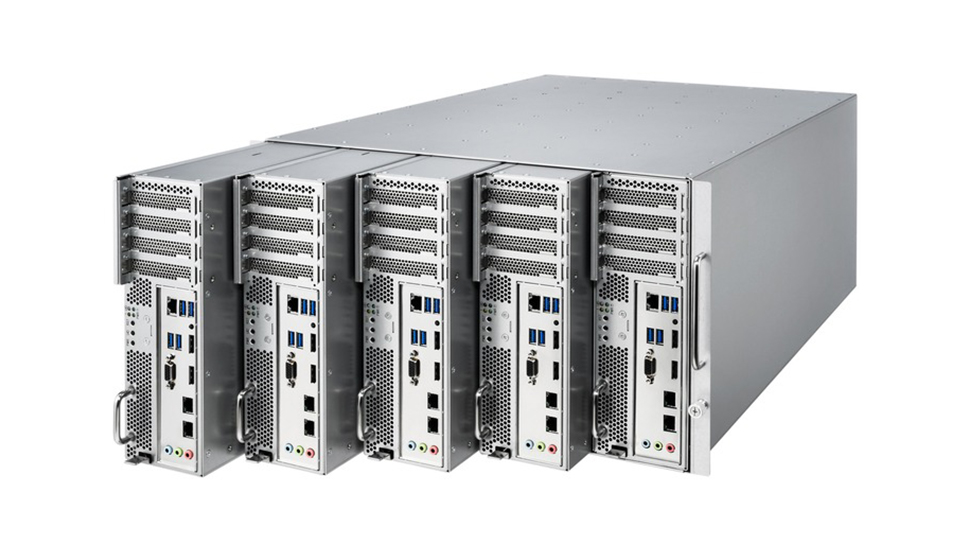
















![Apple Seeds watchOS 11.5 RC to Developers [Download]](https://www.iclarified.com/images/news/97235/97235/97235-640.jpg)
![Apple Seeds visionOS 2.5 RC to Developers [Download]](https://www.iclarified.com/images/news/97240/97240/97240-640.jpg)
![Apple Seeds tvOS 18.5 RC to Developers [Download]](https://www.iclarified.com/images/news/97243/97243/97243-640.jpg)













![Look at this Chrome Dino figure and its adorable tiny boombox [Gallery]](https://i0.wp.com/9to5google.com/wp-content/uploads/sites/4/2025/05/chrome-dino-youtube-boombox-1.jpg?resize=1200%2C628&quality=82&strip=all&ssl=1)












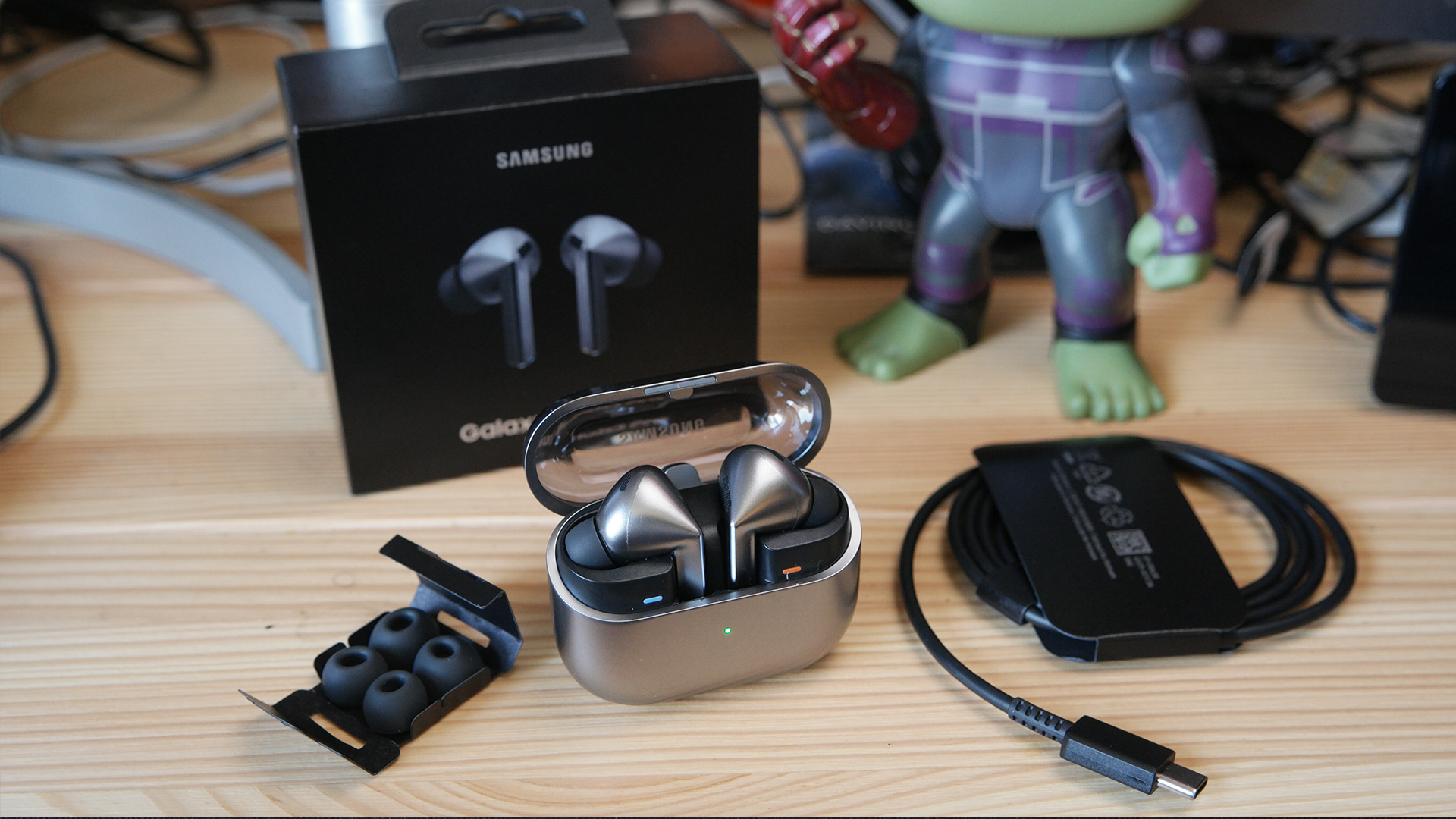































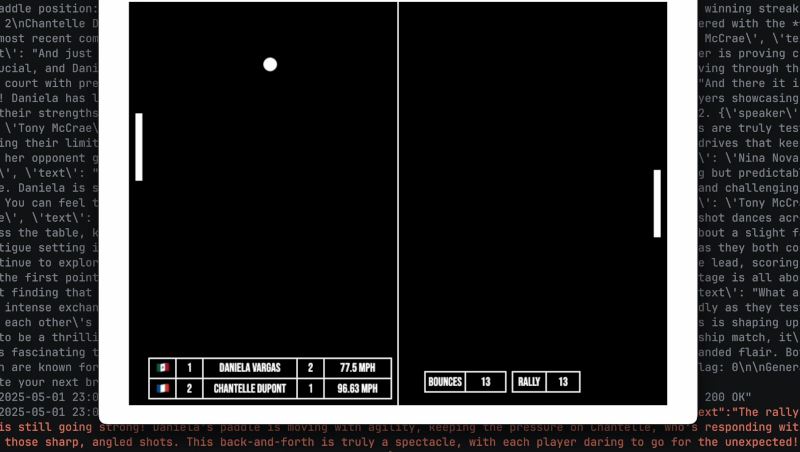


















































 Stolen 884,000 Credit Card Details on 13 Million Clicks from Users Worldwide.webp?#)


_Brian_Jackson_Alamy.jpg?width=1280&auto=webp&quality=80&disable=upscale#)

_Steven_Jones_Alamy.jpg?width=1280&auto=webp&quality=80&disable=upscale#)
























































































































![[The AI Show Episode 146]: Rise of “AI-First” Companies, AI Job Disruption, GPT-4o Update Gets Rolled Back, How Big Consulting Firms Use AI, and Meta AI App](https://www.marketingaiinstitute.com/hubfs/ep%20146%20cover.png)



















































































































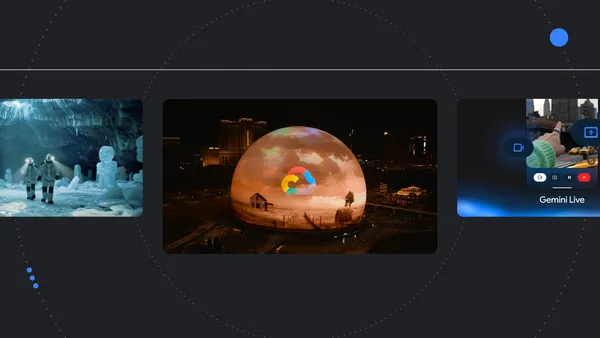
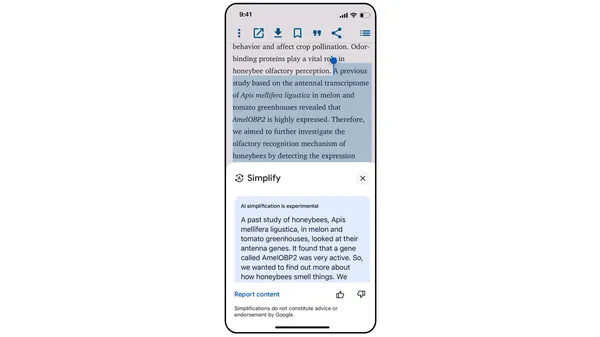









































![Proxmox Üzerinde NVIDIA GPU Passthrough Yapılandırması [Homelab]](https://media2.dev.to/dynamic/image/width=800%2Cheight=%2Cfit=scale-down%2Cgravity=auto%2Cformat=auto/https%3A%2F%2Fdev-to-uploads.s3.amazonaws.com%2Fuploads%2Farticles%2Fwjs21gdlp50h35o8eup2.png)




























































































.jpg?width=1920&height=1920&fit=bounds&quality=70&format=jpg&auto=webp#)




